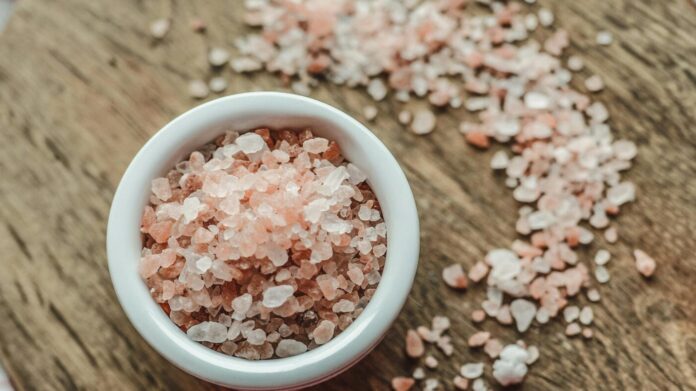Frontpage Journal | Business Insights
Sri Lanka’s mineral sector has traditionally focused on volume, extracting and exporting raw materials such as ilmenite, graphite, and phosphate in bulk. While this approach generates immediate revenue, it limits long-term economic gains and exposes the country to global commodity price volatility. Shifting the focus from volume to value, through sustainable processing and manufacturing, could transform Sri Lanka’s resource economy into a resilient, high-margin, and globally competitive sector.
Sustainable processing adds value in multiple dimensions. Economically, processed mineral products command higher prices in global markets, boosting export earnings and national revenue. Environmentally, adopting cleaner, energy-efficient processing methods reduces ecological impact, preserves natural resources, and aligns with growing international standards. Socially, sustainable industrial practices generate skilled employment, promote worker safety, and foster community development around mining regions. This triple benefit—economic, environmental, and social, is increasingly recognized as essential for long-term competitiveness.
The implementation of sustainable processing requires coordinated action across government, industry, and research institutions. Investments in modern processing facilities, renewable energy-powered operations, and waste minimization technologies can create a competitive edge. Public policies should incentivize responsible mining and processing through tax benefits, regulatory support, and infrastructure development. Meanwhile, collaborations with global technology providers and research institutions can accelerate adoption of best practices and innovative solutions.
Branding and international perception are equally critical. Global markets increasingly favor products that are sustainably sourced and responsibly manufactured. By emphasizing eco-friendly processing, Sri Lanka can position its mineral-based products as premium offerings, attracting environmentally conscious buyers and expanding into niche markets. This approach also strengthens the nation’s broader reputation as a forward-looking and responsible player in global supply chains.
The economic stakes are high. Raw material exports leave much of the value in foreign hands, while sustainable processing captures profits, promotes industrial development, and reinforces technological capabilities domestically. For Sri Lanka, focusing on value over volume is not merely a policy preference, it is a strategic necessity to secure long-term prosperity in an increasingly competitive and sustainability-conscious global market.
By prioritizing sustainable processing, Sri Lanka can transform its resource economy from a low-margin, volume-driven model into a high-value, resilient, and globally respected industrial sector. The opportunity exists, and decisive action today will determine whether the nation captures the full potential of its natural wealth for generations to come.




